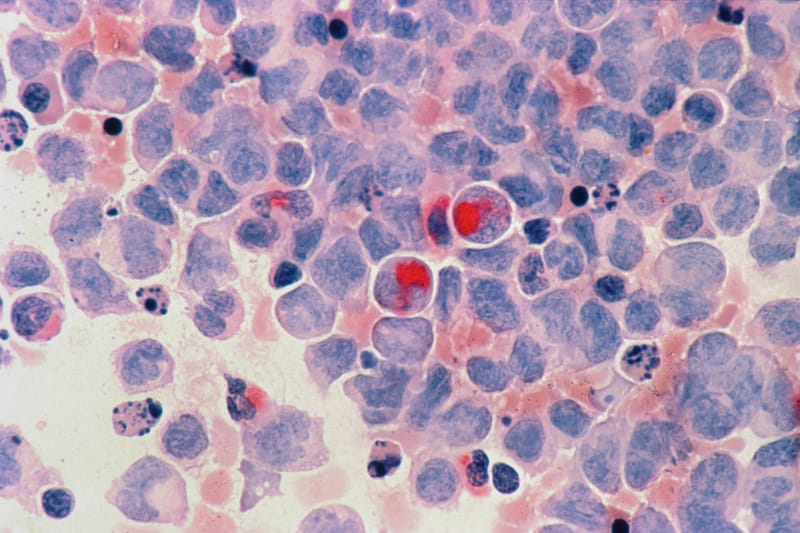AFP- Liver & Testis Cancer Test

Liver Cancer Test
Question 1. What is AFP AFP stands for Alpha-Feto-Protein. Liver produces this small protein molecule normally in very small amounts and is barely detected in bloods. Patients with liver cancer or hepatoma produce excess amounts of AFP and this overflow into peripheral blood can be detected using antibody against AFP. AFP can be measured to diagnose hepatoma or monitor effect treatment or recurrence following treatment. In addition, AFP is also used to diagnose and monitor so called ‘germ cell tumors’ of testis and ovary. Question 2. When can I request AFP testing? If you have any of these symptoms or complaints, you should have your AFP levels checked. Liver Cancer: Suspect Liver disease Right-sided abdominal Lower right rib margin or Right-upper quadrant, RUQ pain Epigastric Pain Jaundiced Heavy alcohol user Unexplained recent weight loss Changes dietary habits e.g. Loss of appetite Abdominal fullness Abdominal Mass, swelling or lump Bilateral ankle or leg swelling Chronic cough and progressive breathlessness Ovary or Testicular Cancer Abdominal Pain Recent unexplained weight loss Appetite changes Testicular mass Testicular Pain or discomfort Abdominal swelling or mass Abdominal fullness Question 3. How is AFP Tested? AFP is measured on a small sample of blood. Specific antibody is used to trap AFP from serum and level is quantified and reported. For most patients only one tube of blood is needed for all the tests. Fasting is not needed and no special preparation is required prior to sample collection Question 4. How good is AFP? AFP results are interpreted together with findings on exam by your doctor and other medical tests. Question 5. Can I request AFP to screen for liver cancer? No. AFP is not useful test for screening for liver cancer in someone without complaints. It is used for assisting clinical diagnosis, but most useful in monitoring response to treatment and detecting early recurrence after treatment |


